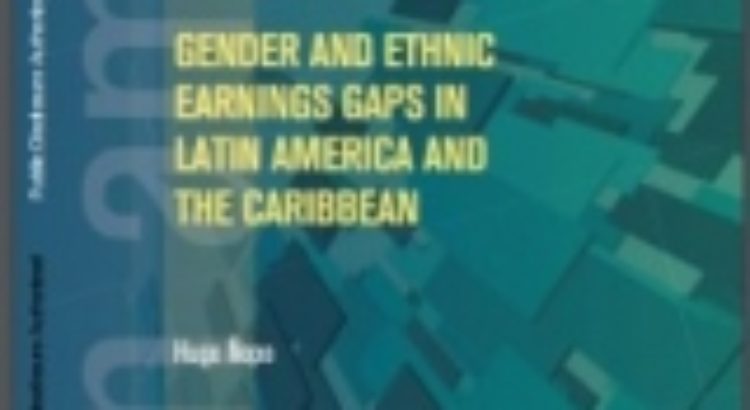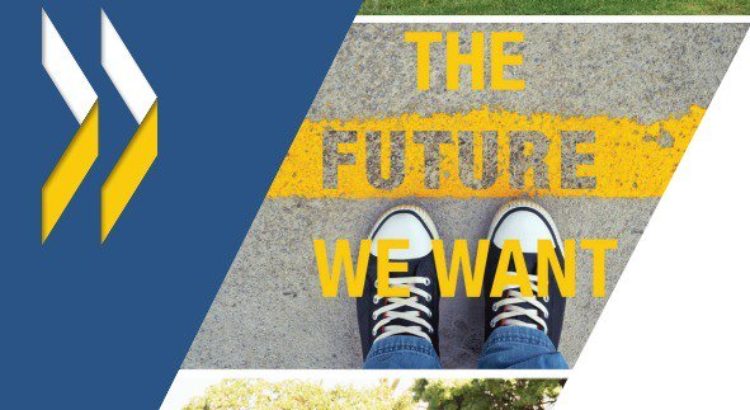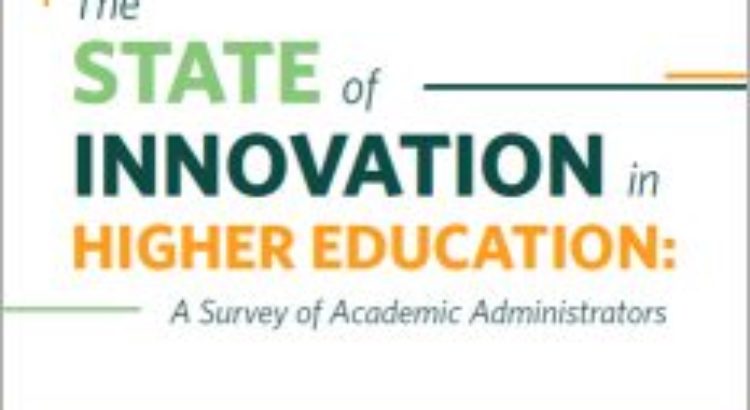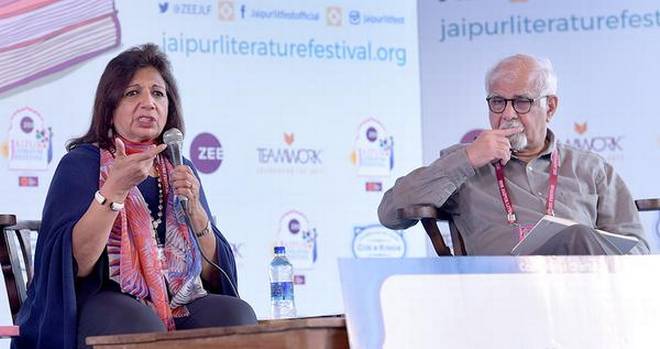Por: grade.org.pe
| Año | : | 2012 |
|---|---|---|
| Autor/es | : | Hugo Ñopo |
| Área/s | : | Empleo, productividad e innovación, Etnicidad, género, ciudadanía y derechos |
Despite sustained economic growth at the end of the 20th and the beginning of the 21st century, Latin America and the Caribbean still faces high inequality and weak indicators of well-being among certain population groups. Women, people of African ancestry, and indigenous peoples are often at the bottom of the income distribution. The share of female-headed households rose in the past 20 years. By the beginning of the 1990s, women headed 1.2 percent of complete households (households in which both husband and wife are present) and 79.8 percent of single- head households. This book presents a regional overview of gender and ethnic disparities in labor earnings during this last turn of the century. Latin America and the Caribbean provide a rich environment for studying social inequality, because historical inequalities along gender and ethnic lines persist, despite positive indicators of economic development. The extent of inequality and its probable causes vary widely across the many countries in the region. The book adopts a sophisticated econometric methodology for measuring earnings gaps and applies it consistently across and within countries to measure gender and racial or ethnic differences. The analysis includes a dynamic dimension that sheds light on the evolution of earnings gaps over time. The book offers important insights on economic and political strategies that could be adopted to reduce inequality. The reduction of gender-based segregation in the workplace represents an area in which policy interventions can improve the efficiency of labor markets. Determining whether addressing occupational rather than hierarchical segregation is more effective is one of the areas of policy design to which this book aims to make a contribution. Latin America and the Caribbean is also a racially and ethnically diverse region, with some 400 ethnic groups.
Download the Book: New Century Old Disparities
*Fuente: http://www.grade.org.pe/publicaciones/new-century-old-disparities-gender-and-ethnic-earnings-gaps-in-latin-america-and-the-caribbean/












 Users Today : 39
Users Today : 39 Total Users : 35430918
Total Users : 35430918 Views Today : 54
Views Today : 54 Total views : 3368840
Total views : 3368840